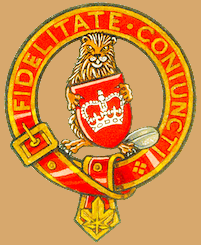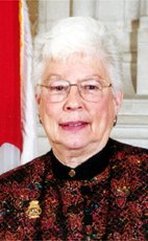36120
Michael McAteer, et al. v. Attorney General of Canada
Charter of Rights – Freedom of expression – Freedom of religion – Freedom of conscience – Right to equality – Citizenship – Legislation – Interpretation – Does a statutory requirement that compels a ceremonial oath or pledge have the purpose of “controlling expression” – Does this Court’s Amselem test apply to a freedom of conscience claim and, if so, how – What evidence or rationale does the government need to constitutionally justify its requirement for a ceremonial oath or pledge – Citizenship Act, R.S.C. 1985, c. C-29, ss. 3(1)(c) and 12(3) – Syndicat Northcrest v. Amselem, [2004] 2 S.C.R. 551, 2004 SCC 47.
The three applicants are permanent residents of Canada. Although they wish to become Canadian citizens, they each object to the statutory requirement under the Citizenship Act to take an oath of allegiance to the Queen. Michael McAteer emigrated from Ireland and argues taking the oath would be a betrayal of his republican heritage and impede his activities in support of ending the Canadian monarchy. Simone Topey emigrated from Jamaica and claims that it would violate her religious beliefs as a Rastafarian to make an oath to the person who is the head of Babylon. Dror Bar-Natan emigrated from Israel and argued that it would violate his belief in equality of all persons to swear allegiance to a symbol of inequality where some must bow to others for reasons of ancestry. They seek a declaration that an oath requiring them to bear true allegiance to “Her Majesty Queen Elizabeth the Second, Queen of Canada, Her Heirs and Successors” violates their rights under sections 2(a), (b) and 15(1) of the Charter and are not saved by s. 1.
The Ontario Superior Court of Justice dismissed the application, holding: i) there was no violation of sections 2(a) and 15(1) of the Charter; ii) the oath was a form of compelled speech that prima facie violates s. 2(b) Charter rights; and iii) the violation was justified under s. 1 of the Charter. The Court of Appeal for Ontario dismissed the applicants’ appeal but allowed the respondent’s cross-appeal and set aside that part of the lower court judgment holding that the oath violates s. 2(b) of the Charter.
of the oath has already been affirmed. Beginning in 1994
Charles Roach attempted to argue the oath violated sections
2(b), 2(d), and 15 of the Canadian Charter of Rights and
Freedoms. This latest attempt (starting in 2012) differs only
in the addition of a challenge based on section 2(a) of the
Charter (Freedom of Conscience). It would appear that
appealing to the Charter a piece at a time is not an effective
strategy for republicans. I somehow doubt this is the last
we've seen of particular waste of taxpayers money however.
It should be remembered that the Canadian Citizenship oath
is reciprocal with the Queen's Coronation Oath. The
Citizenship Oath provides that the new citizen "will be faithful
and bear true allegiance to Her Majesty Queen Elizabeth II,
Queen of Canada, Her Heirs and Successors..." and that they will "faithfully observe the laws of Canada and fulfill my
duties as a Canadian citizen." In return Her Majesty
promises in her Coronation Oath "to govern the Peoples of
Canada according to their respective laws and customs." As
long as one side of this arrangement carries out their duties
the other side is obligated to as well. It is an
acknowledgement that the state (personified by the monarch)
cannot act in an arbitrary manner. And that the state and the
citizen are in a direct, mutual relationship. There is a
sublime equality in that I feel.
Loyally Yours,
A Kisaragi Colour
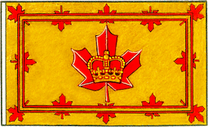
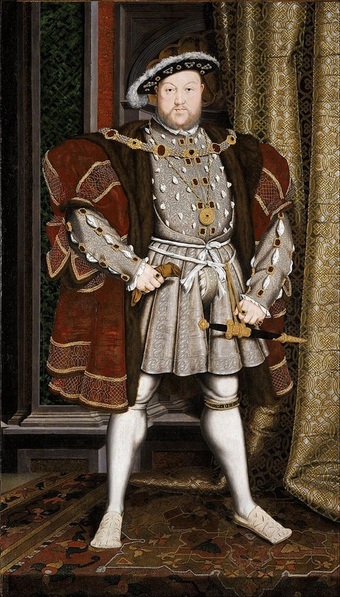
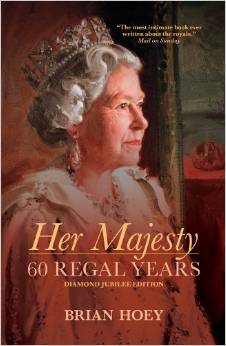
 RSS Feed
RSS Feed
